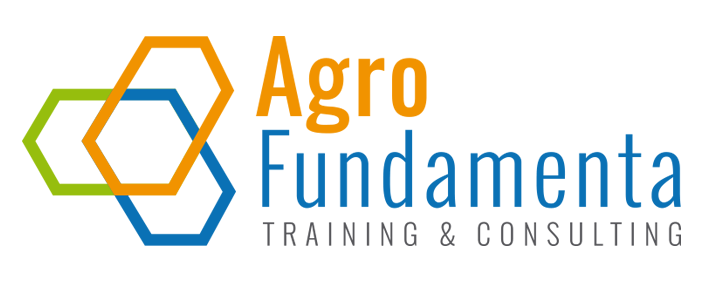What will we discuss?
Analysis
The detailed review of production and consumption per country allows us to draw up the information required to be able to quantify surpluses from exporting countries and the needs of those with deficit.
Positioning
The European Union as a whole presents Grain deficits and surpluses; the Iberian Peninsula is one of the areas with the greatest scope for the importation of grain and oil seeds of the Union, presenting a great opportunity for Community and extra-Community companies that wish to participate in these markets. The detailed analysis of the supply and demand and detailed monitoring will facilitate decision making for the marketing of grains and oil seeds for importation.
Review
We will review raw materials supply models: Why does the CAP exist in the European Union? How have their objectives evolved since its origin? What are the features of the physical commodities supply contracts? From the explanations of the Workshop, we will review the elements making up the calculation of the commodities replacement costs starting from the review of the FOB terms, the “charter party” for CIF maritime contracts, but also of those linked to ground or rail transportation.
Knowledge
The exporting companies supply grain, oil seeds, protein flours, etc., to the agri-food sector in accordance with the European and local legislation of each country, investing large financial, logistic and risk resources. Nevertheless, are we capable of understanding which economic elements link the local offered price of the commodities from a particular origin with that of its nominal replacement? How should commodity collectors, cooperatives, dealers, manage the price risk and marketing with their clients?
Understanding
What is the price risk level where we want to position our business management? Do we understand as a whole the financial tools which allow us to achieve liquidity via Futures contracts on the International Stock Markets? Do we understand the correlation between financial and physical markets in the environment of European Legislation?
Advancing
What impact do we foresee on our markets as a consequence of the establishment of variable importation taxes? How can we hedge these situations?
What contingencies do the supply needs of non-transgenic vegetable products present? Is the premium we request for them suitable? Can we insure the physical supply? And their traceability?

